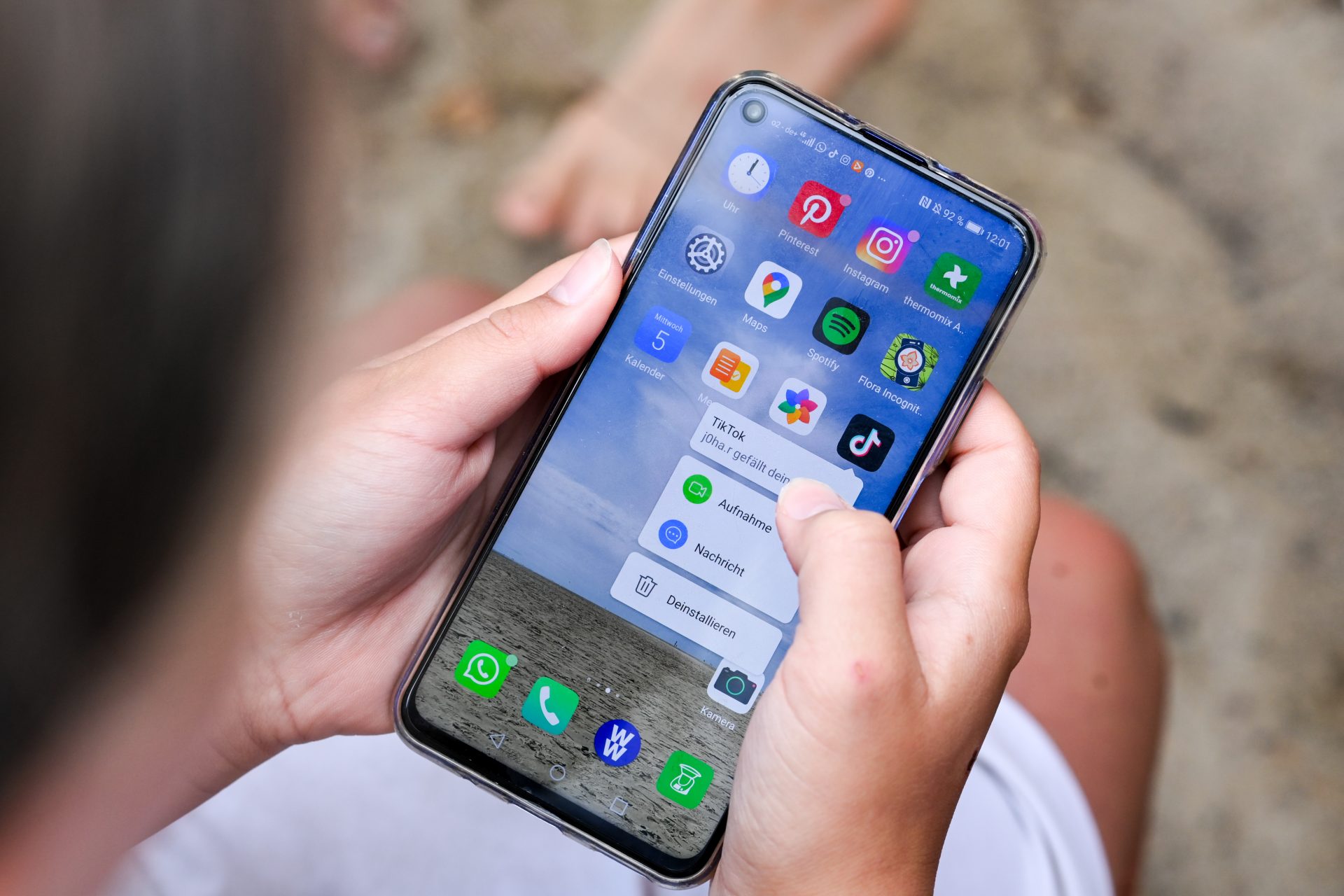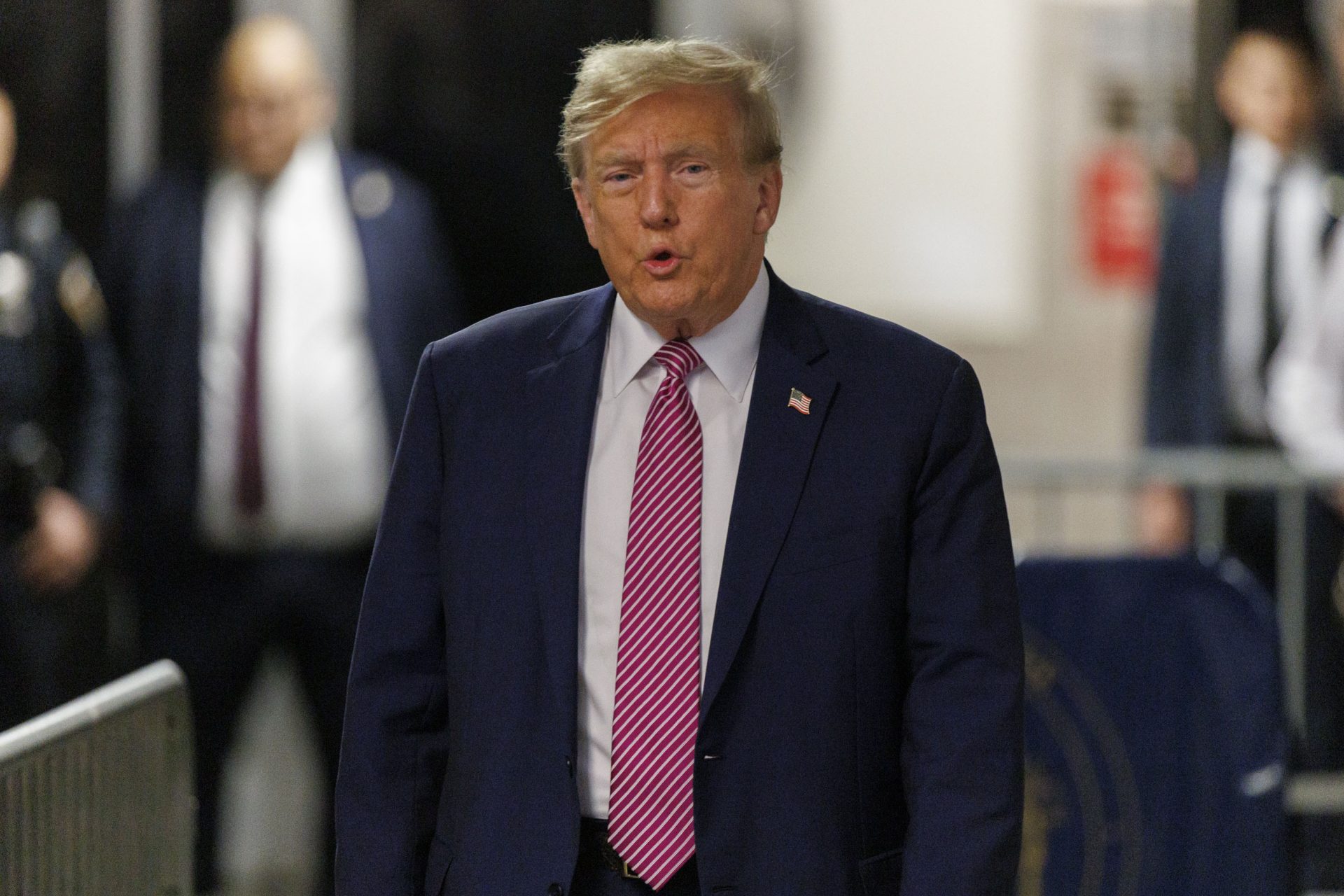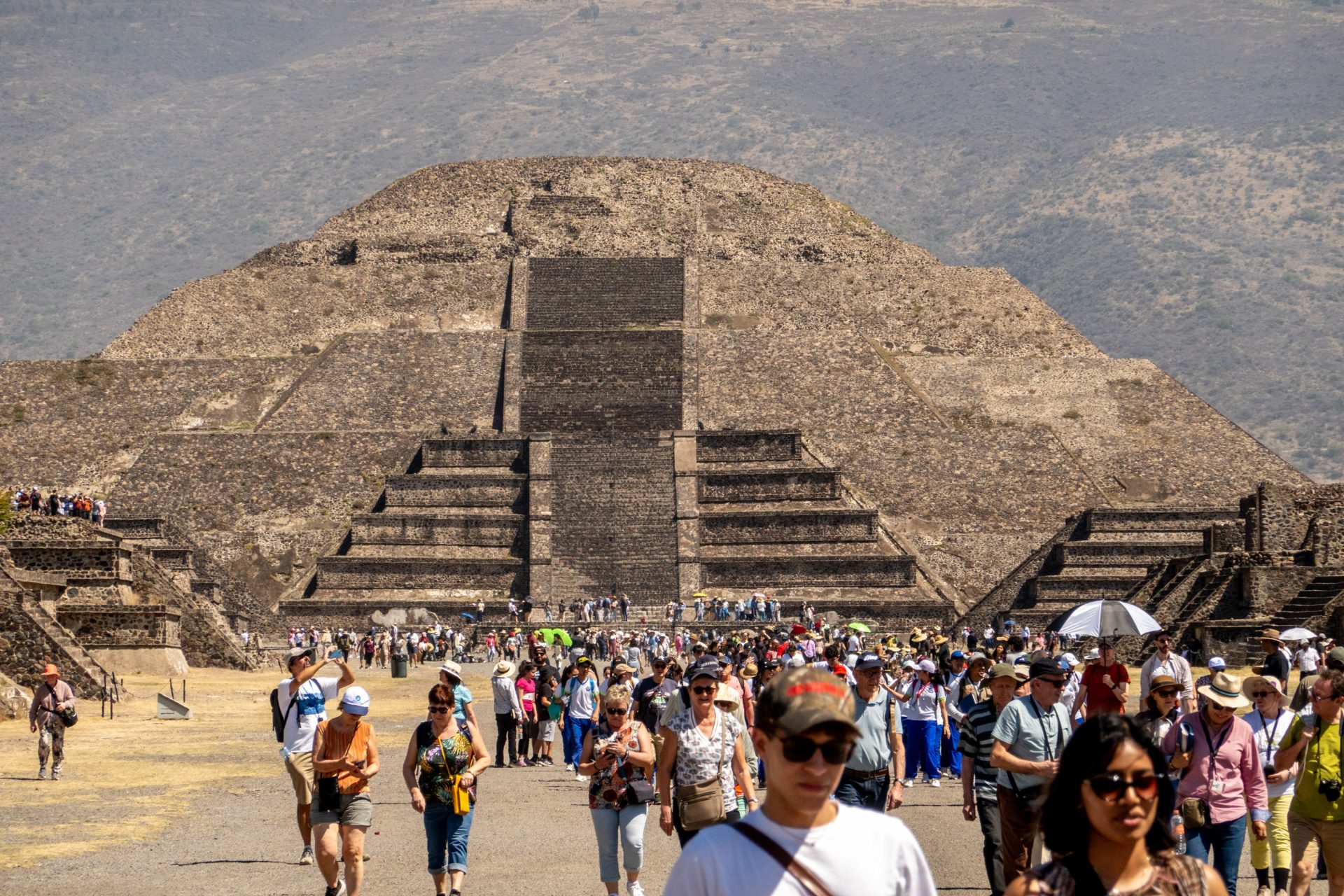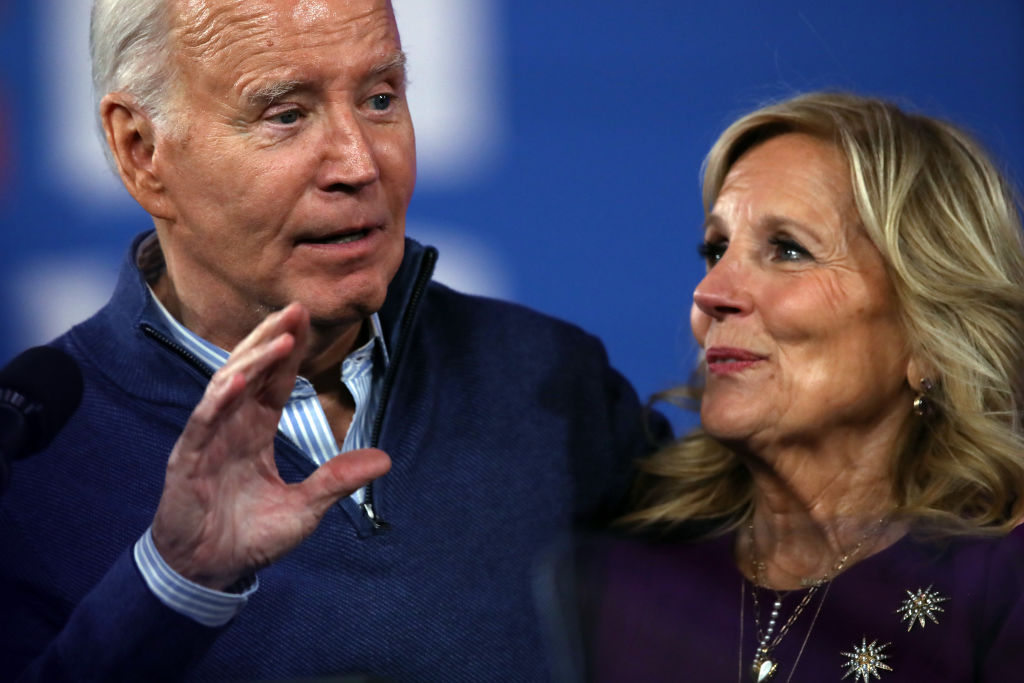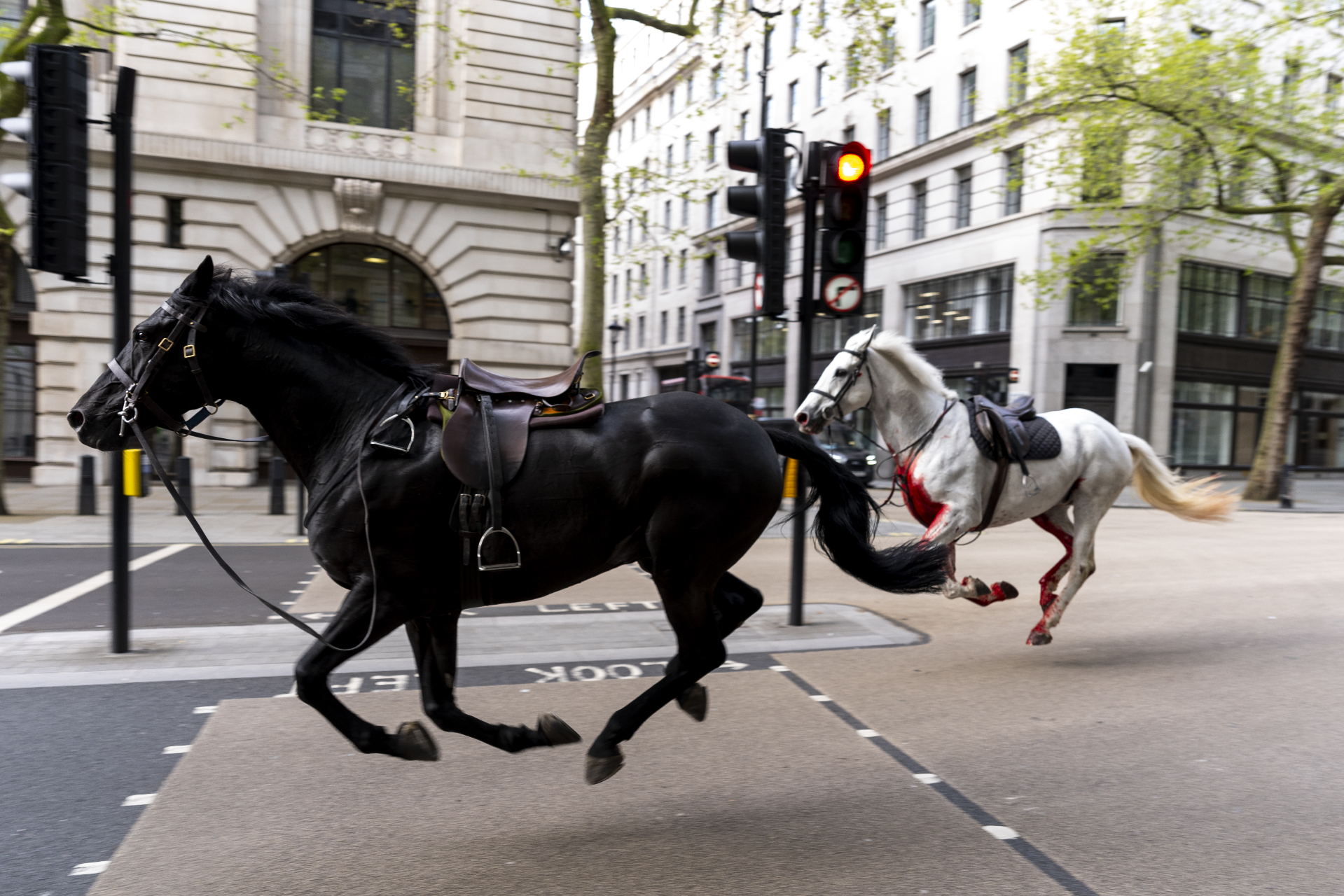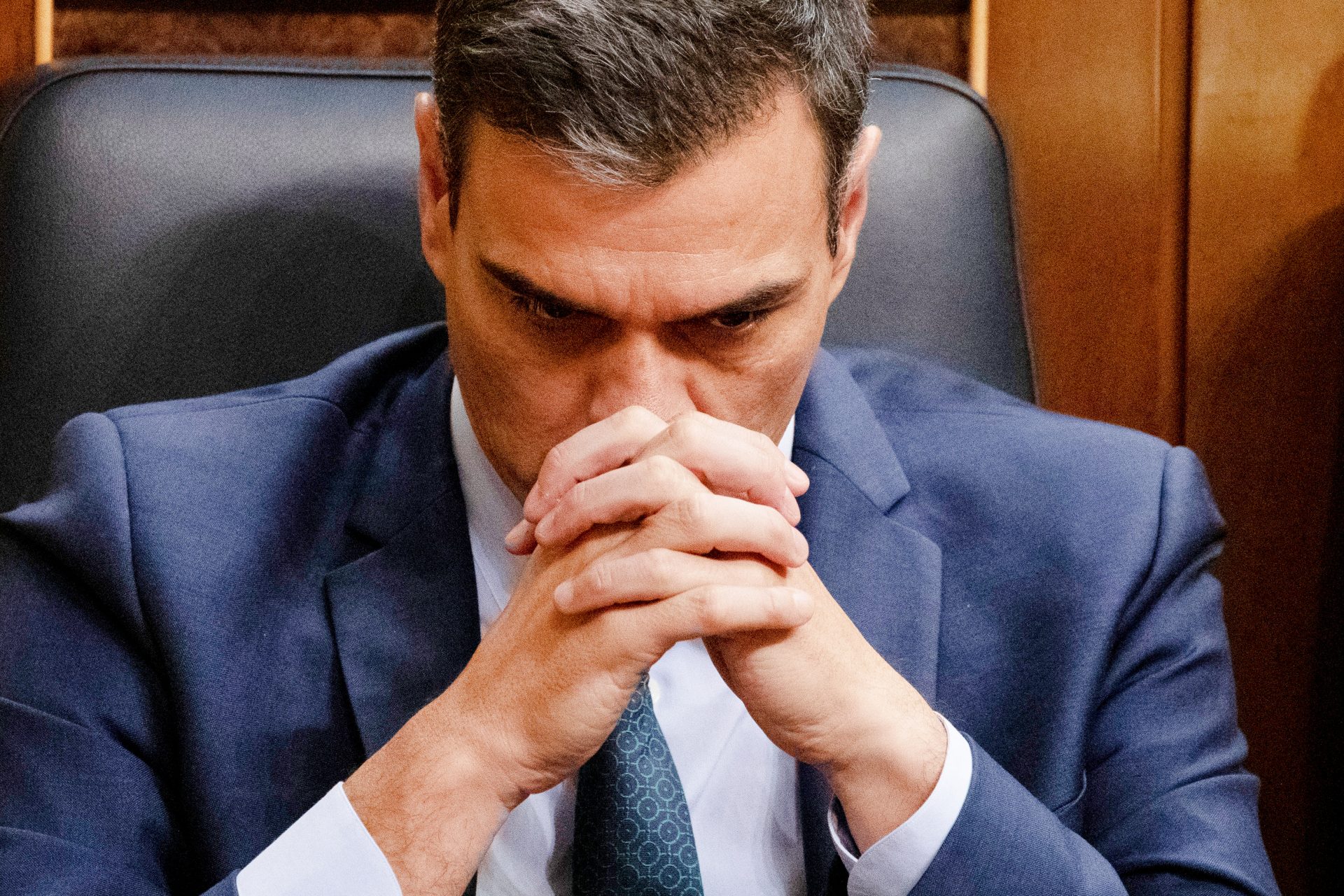The US House passed a bill that forces TikTok's parent company to sell or be banned
The US House passed a bill that would lead to a nationwide ban on TikTok if its Chinese parent company, ByteDance, doesn't sell the US app and cuts operational ties with it.
AP News cited experts who warned that selling the app would not be easy, much less within the six-month limit set by Congress. It is still unclear if the bill will pass in the Senate.
Like other social media, TikTok collects vast amounts of user data, and US lawmakers are concerned that the app might threaten national security. China has a law mandating companies must share data with the government.
The concern might not be so far-fetched. Six months ago, the European Union fined TikTok over $370 million for not being transparent about using children's user data and breaking data protection laws.
The fine came after the EU applied a partial ban on the app on staff devices in all its central institutions. It also advised officials to delete the app from their personal phones.
The company denies the allegation, claiming it stores US user data outside China. However, a 2022 Buzzfeed investigation revealed the opposite. In leaked audio files, an employee said, "Everything is seen in China."
Aside from the EU and the US, the app's fast growth has raised eyebrows among many policymakers worldwide. But how did it get to this position?
The Chinese company ByteDance launched TikTok in the international market in 2017. The app did not gain popularity until 2018 when it merged with another one: Musical.ly.
TikTok has a simple interface and premise: it shows short videos in a loop. The app also curates the content it offers to its users through an algorithm that analyzes their preferences and keeps them engaged.
Since its international release, TikTok has grown massively. In 2020, Morning Consult qualified the app as the third fastest-growing brand, just below Zoom and Peacock.
That same year, it became the most downloaded app, beating Instagram. Hootsuite says it is the only non-Facebook app to hit three billion downloads. Facebook, Messenger, Instagram, and WhatsApp, all owned by Meta, achieved that in almost a decade (since 2014), and TikTok did it in half the time.
The app also changed the way influencers work and monetize their communities. Tendency rewards and direct gifts are some of the characteristic features of TikTok.
Those influencers are fighting their governments fiercely to avoid a ban on the app. Still, TikTok's origins and obscurity regarding its data policies have concerned many governments.
An example is the Canadian government, which has imposed partial bans on the app: it was blocked from government-issued devices, alleging it presents an "unacceptable" risk to privacy and security.
British authorities made a similar decision to ban the app from phones used by government ministers and civil servants. The parliament also banned TikTok on all official devices and the parliament network.
New Zealand government cybersecurity experts also suggested the parliament block TikTok on official phones with access to the legislative network. They will accept exceptions if parliament officials prove they need the app to perform their duties.
Norway's defense minister personally advised the block in parliament. Aside from security considerations in Denmark, government officials argued that the app is useless for work and should not be on official phones.
Taiwan followed FBI warnings that TikTok could threaten US national security. The country banned the app in the public sector, including tablets, desktop computers, and all Chinese software.
India went all the way: the government imposed a nationwide ban on TikTok and all Chinese software and apps. The measure followed a conflict between the two countries at a disputed Himalayan border.
Pakistan cited concerns about the content, not national security, like most countries. The Pakistani government has banned the app at least four times since 2020.
The Taliban leadership in Afghanistan banned TikTok and a game called PUBG in 2022. The block had more to do with young people "being misled" under the tight morality control of the government.
Still, the content on the app not only concerns oppressive governments like the Taliban. The US Congress has scrutinized the content the app promotes to young US users, especially when comparing the content with what Chinese children see.
Douyin, the Chinese version of the app ─TikTok is banned there─ has blocks for children. Minors are not allowed to use the app for more than 40 minutes or at night, and the content they access is heavily curated.
More for you
Top Stories




